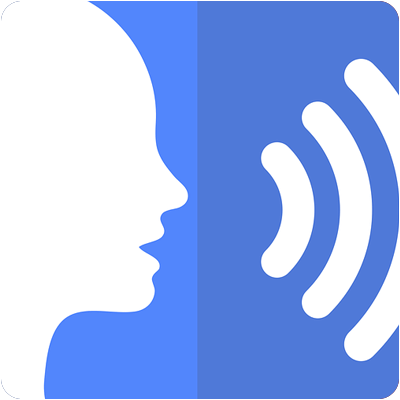Het arrangement Being trolled - hv3 is gemaakt met Wikiwijs van Kennisnet. Wikiwijs is hét onderwijsplatform waar je leermiddelen zoekt, maakt en deelt.
- Auteur
- Laatst gewijzigd
- 11-05-2025 19:33:43
- Licentie
-
Dit lesmateriaal is gepubliceerd onder de Creative Commons Naamsvermelding-GelijkDelen 4.0 Internationale licentie. Dit houdt in dat je onder de voorwaarde van naamsvermelding en publicatie onder dezelfde licentie vrij bent om:
- het werk te delen - te kopiëren, te verspreiden en door te geven via elk medium of bestandsformaat
- het werk te bewerken - te remixen, te veranderen en afgeleide werken te maken
- voor alle doeleinden, inclusief commerciële doeleinden.
Meer informatie over de CC Naamsvermelding-GelijkDelen 4.0 Internationale licentie.
Aanvullende informatie over dit lesmateriaal
Van dit lesmateriaal is de volgende aanvullende informatie beschikbaar:
- Toelichting
- Deze les valt onder de arrangeerbare leerlijn van de Stercollecties voor Engels voor havo en vwo, leerjaar 3. Dit is thema 6 'Internet'. Het onderwerp van deze les is: Being trolled. Deze les staat in het teken van internettrollen (internet trolls). Er wordt besproken wat het is en wat voor effect het heeft. Daarnaast komt internetverslaving aan bod. De onregelmatige werkwoorden in deze les zijn: to sit, to sleep, en to smell. In de grammaticaopdracht worden No' words en Neither ..... Nor behandeld.
- Leerniveau
- HAVO 3; VWO 3;
- Leerinhoud en doelen
- Engels;
- Eindgebruiker
- leerling/student
- Moeilijkheidsgraad
- gemiddeld
- Studiebelasting
- 1 uur 40 minuten
- Trefwoorden
- arrangeerbaar, being trolled, engels, hv3, internettrollen, internetverslaving, neither ..... nor, no' words, stercollectie
Gebruikte Wikiwijs Arrangementen
VO-content - Gereedschapskist. (2019).
Gereedschapskist activerende werkvormen
https://maken.wikiwijs.nl/105906/Gereedschapskist_activerende_werkvormen
VO-content Engels. (z.d.).
BLOKKEN TEMPLATE - hv123

 The subject of this double period is Internet trolls.
The subject of this double period is Internet trolls.











